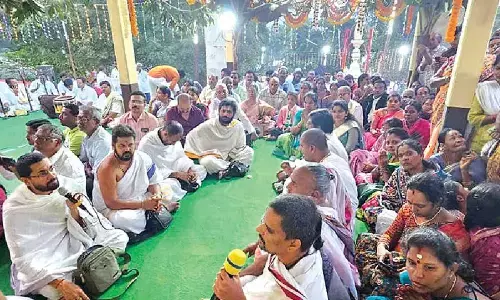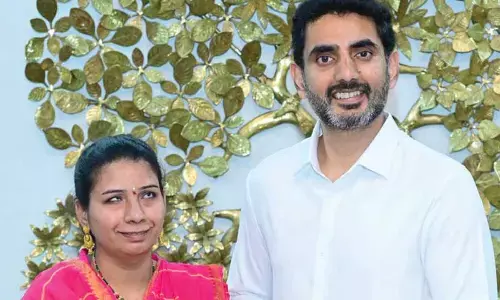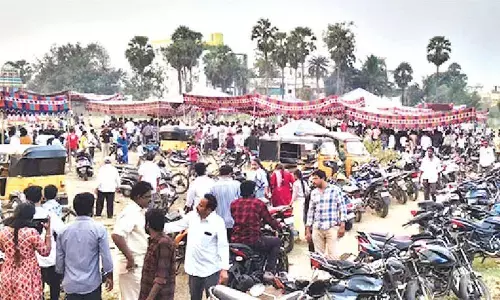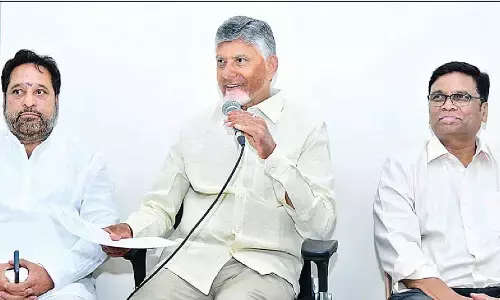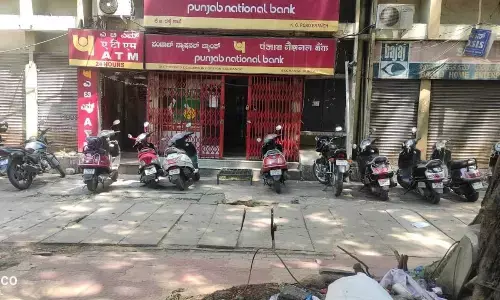'Kala Tapaswi' K Viswanath: A filmmaker par excellence
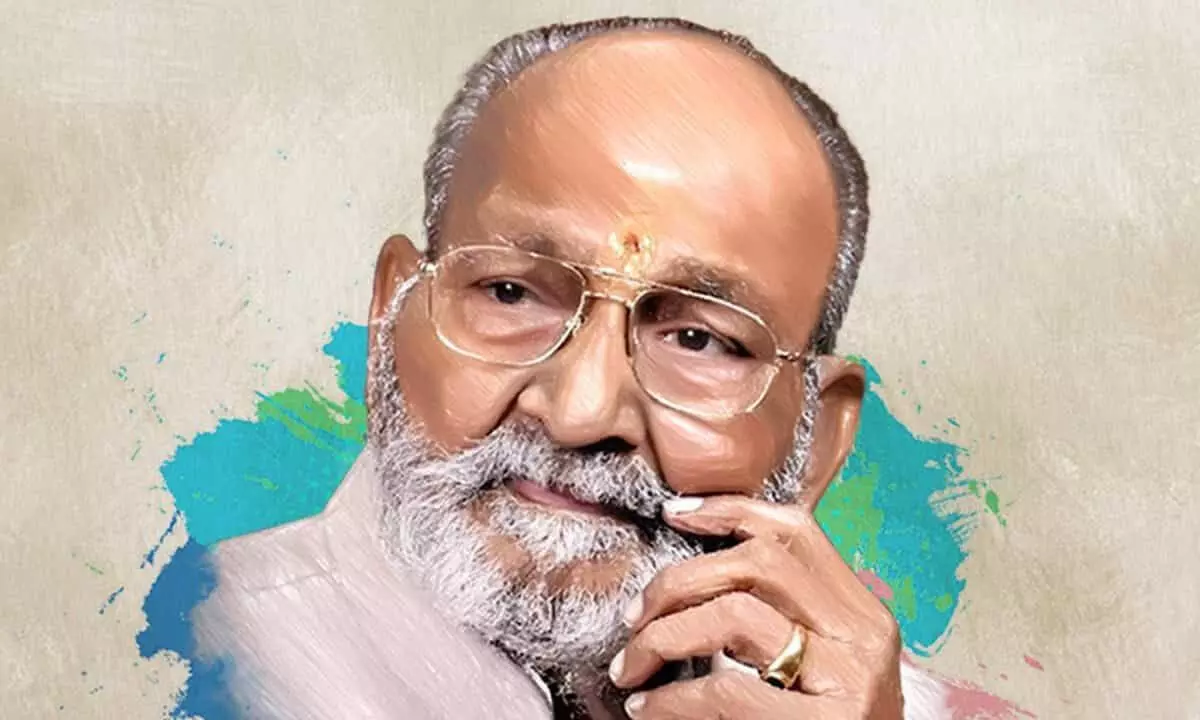
K Viswanath
An iconic storyteller Kasinadhuni Viswanath who blended parallel and popular cinema is no more.
An iconic storyteller Kasinadhuni Viswanath who blended parallel and popular cinema is no more.
Much before modern day Telugu cinema came to be known all over the world for its razzmatazz and mega budget productions, a Telugu movie, without being remade and released all over in the original language, made a great splash at the pan-India level. Basing itself on Carnatic music and the gulf between classical music and its Western counterpart, this musical drama – Sankarabharanam - was released on February 2, 1980. Incidentally Vishwanath breathed his last on the same day.
The legendary Telugu film director, 'Kala Tapaswi' K Viswanath, after a slow start at the box office owing to its 'parallel cinema type' of a narrative it attained the enviable status of an all-time great classic. This release was the 23rd film of K Viswanath, who in a filmi career of more than four decades directed 50+ films, including a few remakes of his Telugu hits in Hindi. It was evident that good films would be watched, irrespective of what language it was made in. Quite rightly, it bagged more encomiums for Telugu cinema when it bagged four National Awards and many state Awards. Rated among the unique and path-breaking directors of Telugu cinema, Viswanath was successful in blending parallel, middle-of-the-road cinema by putting together a variety of screenplays which had actors from all over India starring in it. His films touched upon social evils and prejudices and particularly noted for focusing on gender and patriarchy issues. The easy-paced mode of storytelling was a relief from the slam-bang stuff usually associated with commercial Telugu cinema.
After a phase of assistant directorship which began in the 1950's, it was in 1965 that Viswanath made his bow as a director with his first film 'Aatma Gowravam' which won the Nandi Award for the Best Feature Film of the year. After a decade of hits and misses, his filmi journey steadily touched top gear with his first major hit 'Jeevana Jyothi' in 1975 having Shobhan Babu in the lead. From then on till the 1990s when his brand of filmmaking receded in its appeal, he had a slot which none could emulate.
The list of matinee idols who were featured in his works were from the iconic NTR-ANR duo to 'Superstar 'Krishna and lately megastar Chiranjeevi and Venkatesh. Kamal Haasan owes his lasting classical dancer hero status to the 1983 megahit 'Saagara Sangamam', while Mammootty's magnetic histrionic abilities were seen in his Telugu debut film 'Swathi Kiranam' released in 1992. His 10 Hindi films, among others, had a blend of actors and stars ranging from Rishi Kapoor, Raakesh Roshan, Anil Kapoor, Jackie Shroff to Ajay Devgn. Jayaprada and Sridevi too were seen in his films with the former having a thumping launch in 1979 with 'Sargam' a remake of the director's 1976 hit 'Siri Siri Muvva'.
K Viswanath also acted in many Telugu and Tamil films in the last two decades of his career. A few years after he retired from active filmmaking, in 2016, he was the sixth Telugu celebrity awarded with the coveted Dadasaheb Phalke Award out of a total of 52 legendary names.








